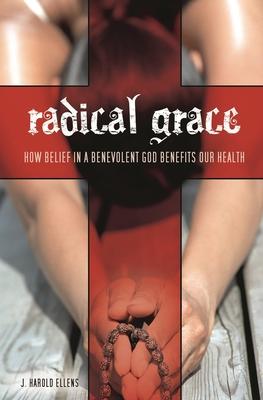The esteemed editor who brought us the acclaimed set The Destructive Power of Religion, turns his attention here to a similarly powerful, yet positive side of religion: how our concept of God can fuel healthy body and mind. This book contends that all health--mental and physical--is shaped, for good or ill, by our spiritual, theological, and psychological notions about the nature of God, and by the way we form an outlook on life as a result of these notions. Across history, a large percentage of people have believed that God is a threat, an attitude Ellens describes as sick gods created through pathological beliefs, or sick gods that make sick people. But Ellens grounds his brighter perspective in this text on God as a source of unconditional grace and goodwill, then illuminates the effect this perspective has on people who have incorporated it into their minds and lives.
Ellens shows that people with firm faith in God's radical grace are psychologically strong and healthy. His offering of psychology interfacing with theology is reminiscent of Carl Rogers' teaching on unconditional positive regard and its ability to heal suffering persons. All readers, he explains, can benefit by this understanding that can inspire spiritual and psychological healing whether for ourselves, family, friends, or clients in counseling or therapy.
Radical Grace: How Belief in a Benevolent God Benefits Our Health
The esteemed editor who brought us the acclaimed set The Destructive Power of Religion, turns his attention here to a similarly powerful, yet positive side of religion: how our concept of God can fuel healthy body and mind. This book contends that all health--mental and physical--is shaped, for good or ill, by our spiritual, theological, and psychological notions about the nature of God, and by the way we form an outlook on life as a result of these notions. Across history, a large percentage of people have believed that God is a threat, an attitude Ellens describes as sick gods created through pathological beliefs, or sick gods that make sick people. But Ellens grounds his brighter perspective in this text on God as a source of unconditional grace and goodwill, then illuminates the effect this perspective has on people who have incorporated it into their minds and lives.
Ellens shows that people with firm faith in God's radical grace are psychologically strong and healthy. His offering of psychology interfacing with theology is reminiscent of Carl Rogers' teaching on unconditional positive regard and its ability to heal suffering persons. All readers, he explains, can benefit by this understanding that can inspire spiritual and psychological healing whether for ourselves, family, friends, or clients in counseling or therapy.